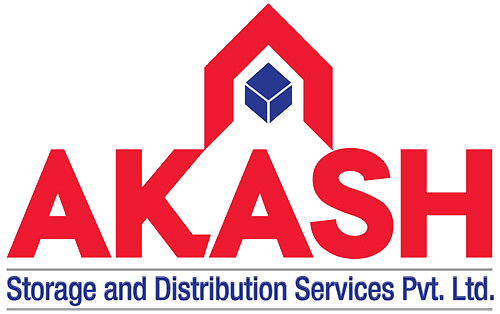In the realm of business logistics, understanding the distinction between fulfillment centers and warehouses is crucial for optimizing operations. Both facilities play vital roles in the supply chain, but their functions, technology, and customer focus differ significantly. Here’s a detailed comparison to help you determine the best option for your business with a focus on B2B efficiency.
Understanding the Basics
Warehouses are designed for the storage of goods, primarily catering to manufacturers, wholesalers, and retailers. They hold inventory for extended periods and are equipped with shelving, racking, and handling equipment to facilitate storage and retrieval.
Fulfillment Centers, on the other hand, handle the entire order fulfillment process. From receiving and storing products to picking, packing, and shipping orders, these centers are optimized for speed and efficiency. They are essential for businesses with direct-to-consumer (DTC) sales models but can also support B2B operations with high turnover requirements.

Key Differences
- Purpose and Functionality
- Warehouse: Primarily used for bulk storage, focusing on maintaining inventory until needed for further distribution or sale. Suitable for businesses requiring large, infrequent shipments.
- Fulfillment Center: Designed for processing and fulfilling orders quickly. Manages storage, picking, packing, and shipping. Ideal for businesses that prioritize rapid delivery and high inventory turnover.
- Operations and Processes
- Warehouse: Operations center on efficient storage and inventory management. Activities include receiving bulk shipments, storing goods, and handling large-scale distribution to other warehouses or retail locations.
- Fulfillment Center: Encompasses the entire order fulfillment process, including receiving products, storing inventory, picking items for orders, packing, and shipping. Often utilizes advanced technology and automation to streamline processes.
- Technology and Automation
- Warehouse: Utilizes basic inventory management systems and handling equipment. Automation is typically limited to specific tasks like palletizing or sorting.
- Fulfillment Center: Employs sophisticated technology and automation to enhance efficiency and accuracy, including order management systems, automated picking systems, and real-time tracking. Aims to minimize errors and expedite order processing.
- Customer Focus
- Warehouse: Focuses on B2B operations, dealing with large shipments and bulk storage. Customer interaction is minimal, primarily serving other businesses.
- Fulfillment Center: Though often associated with B2C operations, fulfillment centers can also cater to B2B needs, especially where quick, reliable order processing is critical. Handles customer returns and exchanges as well.
Choosing the Right Option for Your Business

- Business Model
- If your business deals primarily with bulk storage and distribution to other businesses or retail locations, a warehouse is likely the best option. Suitable for manufacturers, wholesalers, and businesses with infrequent shipping needs.
- If your business focuses on direct-to-consumer sales or requires rapid order processing, a fulfillment center is more appropriate. Designed to handle the complexities of individual order fulfillment and quick shipping.
- Volume and Frequency of Orders
- Businesses with large, infrequent shipments benefit from the bulk storage capabilities of a warehouse.
- Businesses with high order volumes and frequent shipping requirements should consider a fulfillment center for its ability to process and ship orders quickly.
- Technology and Automation Needs
- If your operations do not require extensive automation and technology, a warehouse with basic inventory management systems may suffice.
- If your business relies on fast, accurate order processing and advanced technology to manage inventory and shipping, a fulfillment center with sophisticated systems and automation is essential.
- Customer Expectations
- For businesses that do not have direct interactions with end consumers and prioritize bulk storage, a warehouse is suitable.
- For businesses that prioritize customer satisfaction through quick, accurate shipping and seamless returns, a fulfillment center is the ideal choice.

Conclusion
Both warehouses and fulfillment centers play vital roles in the supply chain, but their functions and benefits are distinct. Understanding the differences and evaluating your business needs will help you make an informed decision. By choosing the right facility, you can optimize your operations, improve efficiency, and drive business growth. Whether it’s the extensive storage capabilities of a warehouse or the comprehensive order processing services of a fulfillment center, aligning your logistics strategy with your business model is key to long-term success.
With Akash Storage, you gain a trusted partner committed to providing top-notch warehousing and fulfillment solutions tailored to your B2B needs. Our state-of-the-art facilities and dedicated services ensure your operations run smoothly and efficiently, positioning your business for sustained growth and success.
